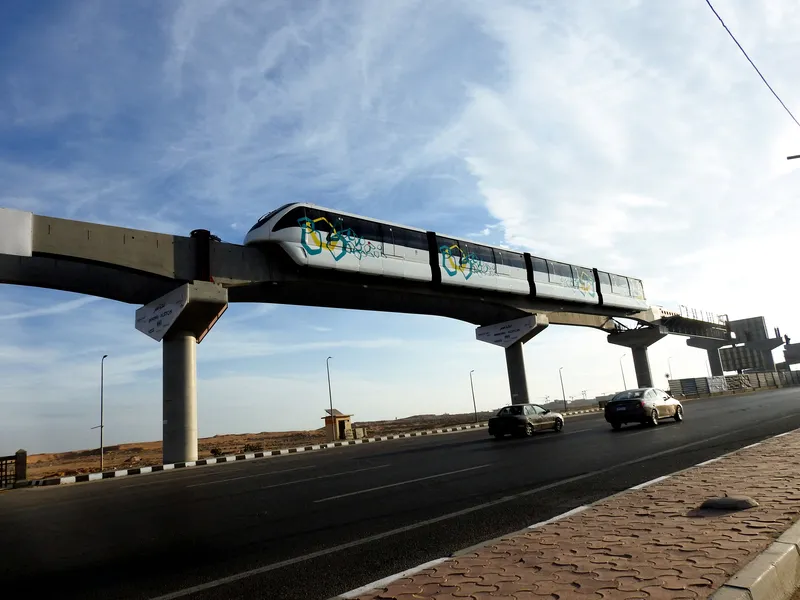
Indra has been awarded a contract to implement its ticketing technology in Cairo's two-line monorail system.
Indra's remit will be design, develop and supply automatic ticket vending machines, ticketing systems and access control systems from its Mova Collect portfolio, based on both contactless card and QR code and mobile phone technologies - for the first time in Egypt.
These will cover the 22 stations on the line linking East Cairo to the future New Administrative Capital and at the 12 stations on the line between 6th of October City and Giza.
The lines can transport 45,000 people per hour in each direction; 20 million people live in Greater Cairo, the largest urban area in Africa.
Indra says its contactless technology "will facilitate fast, comfortable and easy access to the monorail for travellers".
It will maintain the control centre, equipped with its back office technology, to centralise and integrate all operations and sales modules, "in order to provide the operator with greater control, secure access to information and flexibility to adapt to the needs and users' habits", the company says.
" All this will make it possible to offer the highest quality of service to travellers, reduce fraud and minimise the cost of operating and maintaining the systems."
Indra already has the contract for access control and automatic fare collection technology for Cairo Metro lines 1 and 2, which have been in operation since 2013,including maintenance until 2024.
It is currently developing systems for ticket sales and access control in the new public transport system being created in Riyadh, Saudi Arabia, and has implemented its ticketing technology on the Mecca–Medina high-speed railway.
The group also has ticketing contracts on the metros and trains of Madrid, Barcelona, Amsterdam, Lisbon, Santiago de Chile, Riyadh, Mumbai, St Louis, Buenos Aires and Mexico City.







